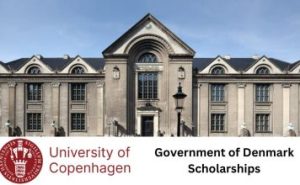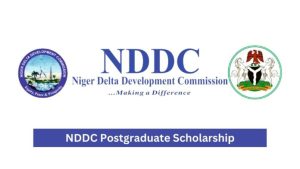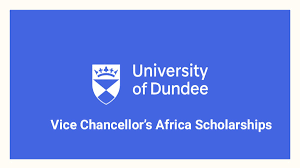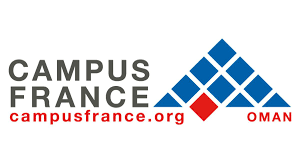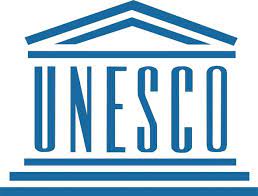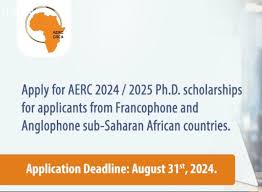BIEA graduate attachments offer recent graduates, with an interest in further studies in Africa, the opportunity to gain research experience and develop their networks. The July 2020 to June 2021 BIEA graduate attachment scheme will take up to nine successful applicants. Due to COVID-19 and associated social distancing and travel restrictions, the scheme will consist of on-line research and activities until further notice. This will include one-to-one and group meetings via Zoom. Successful applicants will be involved in three types of work while with the BIEA:
- Gain practical experience of conducting research by working with a named researcher on one, or a number of, innovative historical, archaeological and anthropological projects on eastern Africa;
- Undertake their own research with the assistance of a named mentor usually leading into developing a plan for a Masters or PhD. The attachment involves the presentation of a paper in the BIEA Completion Webinar Series upon some aspect of the research they have carried out during their time at BIEA.
- Assisting with the administration of the BIEA including online reading groups focused on key texts in African studies, and online workshops and seminars.
- In addition, the BIEA will offer free weekly online Swahili lessons that graduate attachés can join.
Benefits:
- Graduate attachés will be given an allowance of 1,000 GBP for the three months of the attachment to help pay for food, research expenses and internet access. The attachés will have to provide receipts for their expenses amounting to their total allowance (small food purchases can be written down weekly in a receipt book/ledger).
The timing of researcher projects often change due to budgets and administration so cannot be guaranteed but a list of researchers who have plans for the next year is included below. Potential graduate attachés should also explore the BIEA Annual Review to find out about other possible projects that are on-going.
Graduate attachments are three months long. You will need a strong academic record, some experience of studying/researching Africa, and a clear interest in developing your own research. You should also be able to show significant initiative and be equally adept at working alone or as part of a larger online team. You should be ready to offer enthusiastic assistance for various research projects and data analysis. Graduate attachés can start between 15 July 2020 and 1 January 2021. The scheme for this year will finish on 31 March 2021. Please specify the three-month time period(s) that you are available for this scheme in your application.
Method of Application
Applicants should send a  CV  and Cover Letter  to  gas@biea.ac.uk explaining how participation in the scheme will assist the development of your career. You will need to arrange for  two academic references to be sent directly to the BIEA (gas@biea.ac.uk).
Current BIEA research projects include:
- Another Word? East Africa and the Global 1960s. Prof. Dan Branch (University of Warwick), Emma Hunter (University of Edinburgh and Gerard McCann (University of York).
- Agriculture and prosperity in Africa. Dr Matt Davies (UCL)
- Election campaigns and social media. Prof. Gabrielle Lynch (University of Warwick)
- Ruth First (activist) writings on Kenya. Prof. Ambreena Manji (Cardiff University)
- Climate change in East Africa. Prof. Henrietta Moore (UCL)
- Global Finance Project.Prof. Victor Murinde (SOAS)
- Women in political leadership. Prof Catherine Ndungo (Kenyatta University)
- Palm, Sand and Fish: Traditional Technologies of the Daughters of the Azanian Coast of East Africa. Dr. Freda Nkrote BIEA) and Dr Matt Davies (UCL)
- Indigenous wells as biocultural heritage: community archaeology for sustainable development in pastoralist communities of Kenya and Ethiopia. Dr Freda Nkirote (BIEA) and Prof Paul Lane (Cambridge)
- Placement with the Open Society Foundation. Dr Muthoni Wanyeki (OSF) (https://www.opensocietyfoundations.org)
- Visitor sites and museums on the East African Coast (Zanibar and Kilwa). Stephanie Wynne-Jones (University of York).
- Cloth in the African past. Stephanie Wynne-Jones (University of York).
For More Information:
Visit the Official WebpageÂ
Application Deadline: June 30th 2020
